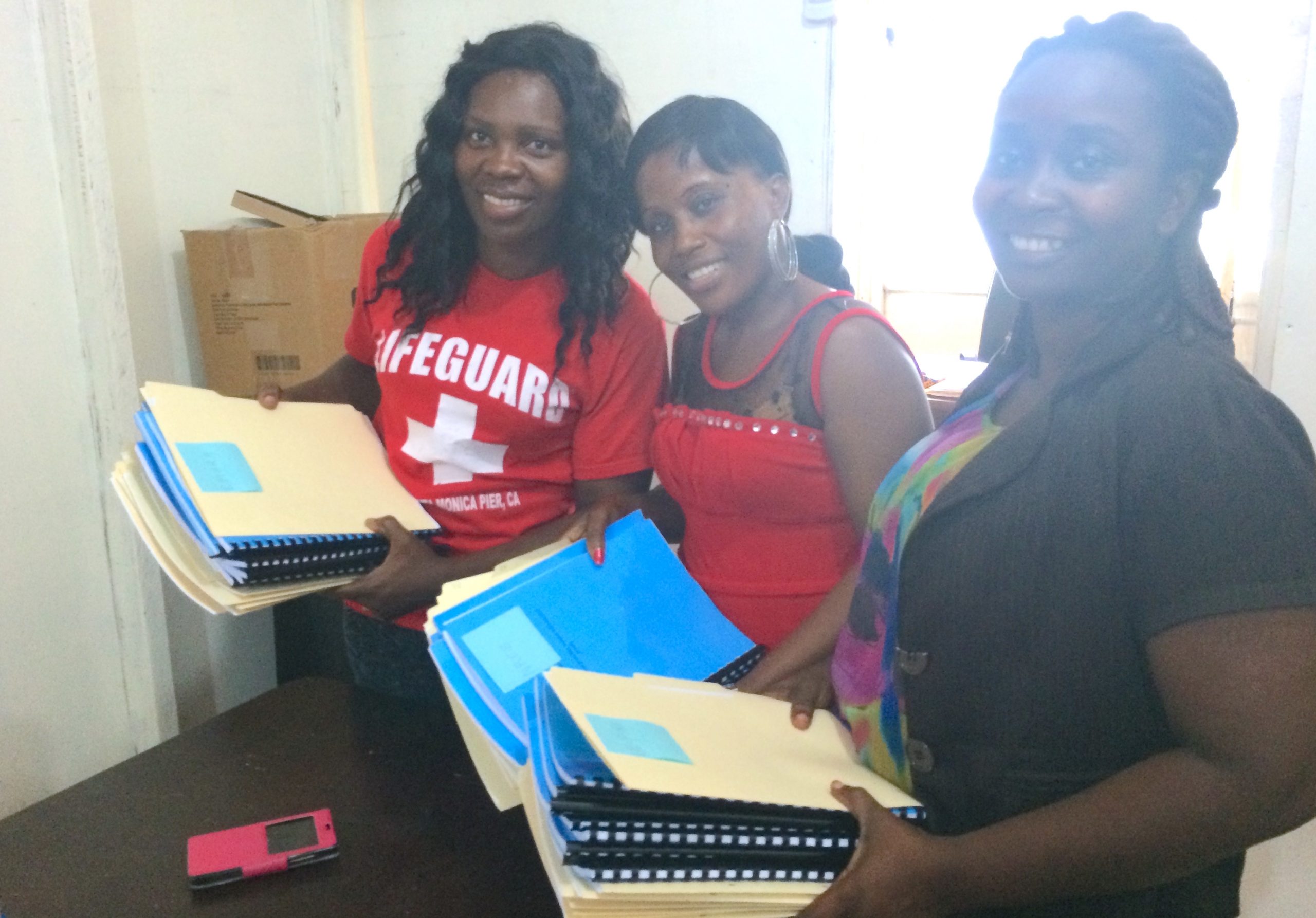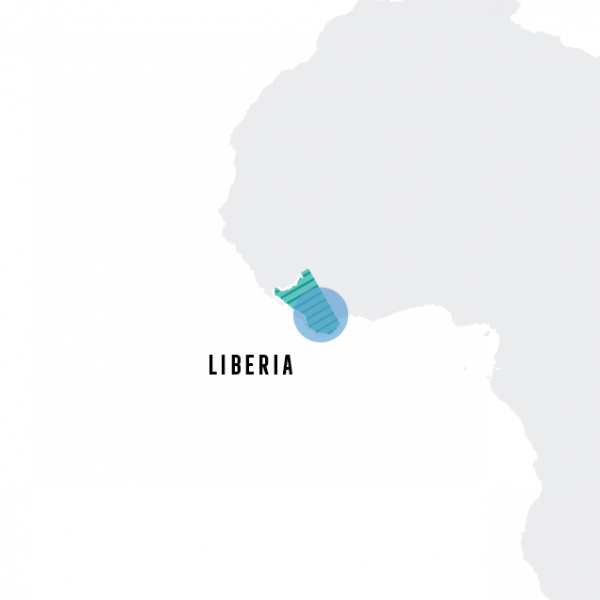Liberia


In Ebola’s wake, new pathogen research
The West African outbreak of Ebola sickened 28,000 and killed 11,000 people. As the infection tapered off, we turned our attention to the survivors and established a solid platform for emerging pathogen research in Liberia.
Together with Jerry Brown, a Liberian surgeon and Ebola care expert, UNC investigators have collected a cohort of 330 Liberian men and women who survived Ebola. Their research: assessing longer term physical and emotional sequelae of prior Ebola infection as well as the persistence of viral RNA in genital fluids. In addition, we’ve established a collaboration with Phebe Hospital in central Liberia to study the prevalence, spectrum of clinical manifestations, and pathogenesis of Lassa fever, another viral hemorrhagic fever that, unlike Ebola, is endemic to West Africa.
Highlights of our work include:
- receiving continuous research funding since 2014 from diverse sources including the Bill & Melinda Gates Foundation, the National Institutes of Health, and the Coalition for Epidemic Preparedness Innovations, totaling over $11 million
- building two clinical research sites, one near the capital city of Monrovia and the other deep in the country’s rural interior – both at major medical facilities
- Built a molecular laboratory in central Liberia to perform sophisticated testing for the detection of Ebola and Lassa fever, as well as other pathogens of consequence
- Formed collaborative relationships with the US Navy and US Army to share resources, including data and biospecimens, for approved related research activities
- Hired a UNC projects director and administrative assistant, who both live in country full time
- Hired and trained a two teams of Liberian research assistants, laboratory technicians, and social outreach specialist
- Registered as an officially recognized entity in Liberia
- Enhanced Liberian national laboratory capability to conduct molecular testing of Lassa fever
- Enhanced clinical care in Liberia by establishing clinical laboratory testing at each affiliated medical facility
- Established a longitudinal cohort of Ebola survivors in Liberia
- Determined the duration of shedding of Ebola virus in the semen of survivors for up to two years following acute disease – a finding with implications for the sexual transmission of Ebola and post-outbreak control measures
- Co-led first trial in Africa of a therapeutic intervention for Ebola
- Co-led novel NIH-led trial of a biomedical intervention to halt the shedding of Ebola virus in the semen of survivors and, therefore, sexual transmission
